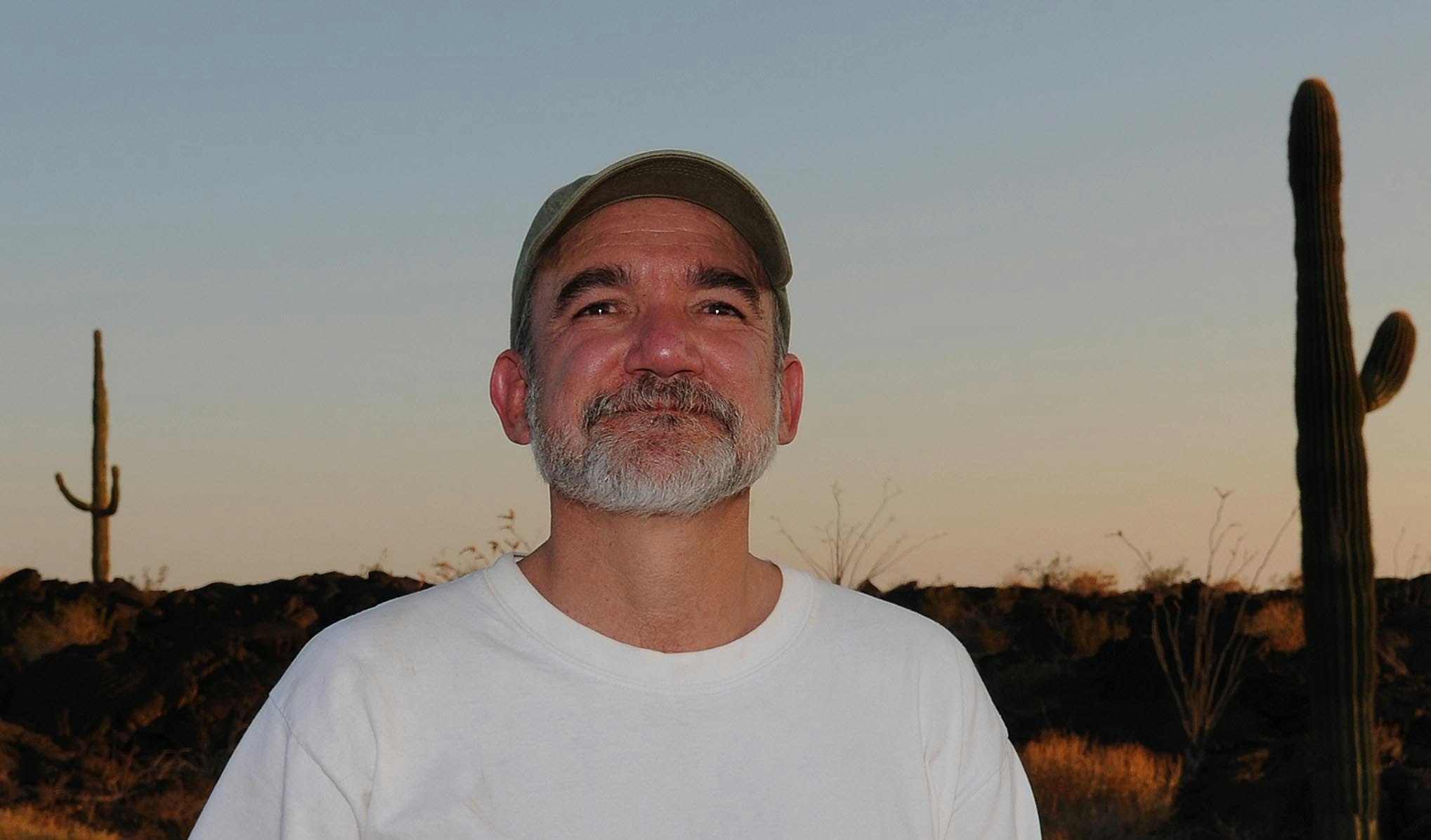Bat Conservation in Mexico and Latin America
In 2004, in recognition of his work to conserve Mexico’s bats, Rodrigo Medellin became the second ever recipient of the Whitley Award donated by the Friends of WFN. Since then, Rodrigo has become one of our most successful and influential winners, receiving Continuation Funding in 2005 and again in 2011, with a total of £120,000 awarded by WFN to support the expansion of his work nationally and internationally.

Within just two years of his first award, Rodrigo had established his own NGO, BIOCONCIENCIA, successfully expanded his conservation programme from 16 to 25 of Mexico’s 32 states and rediscovered the flat-headed bat – a species not seen for 30 years and thought to be extinct. He and his team have continued to make a real and measurable impact on how people perceive bats, based on cutting edge scientific study as well as through intelligent, engaging and well-targeted education work.
Rodrigo’s programme in Mexico has been so successful that he has expanded it into other countries across Latin America. This platform has led to the establishment of the Latin American Bat Conservation Network (RELCOM), where he works alongside scientists including fellow Whitley Alumnus Luis Aguirre in Bolivia, as well as Bernal Rodriguez in Costa Rica, a finalist in this year’s awards.
Rodrigo’s current focus is to highlight the crucial role that bats play in the ecosystem and show how the services they provide as pollinators and seed dispersers – and even in preventing the spread of infectious diseases – are more significant than previously thought. In doing so, Rodrigo aims to make the world aware of how crucial bats are to our own survival. Indeed, without bats controlling numbers of crop-destroying insects, there would be a lot less food on tables right across Mexico, and without them pollinating the agave plant, there might also be no tequila with which to wash it down!
In 2012, Rodrigo will be working alongside the Mexican government to carry out the final studies required to remove one of his target species, the Lesser Long-nosed bat, from the endangered species list. This in itself is one of the strongest and most objective indicators of his effectiveness and will mark the first time a Mexican species has been delisted.
Rodrigo’s reputation as one of the world’s leading conservation professionals is reflected in the many positions he holds with international bodies such as the IUCN, CITES and the UN. Also, as 2012 is the International Year of the Bat, it is no surprise to know that Rodrigo has been appointed a Year of the Bat Ambassador.
We are delighted to announce Rodrigo as the first recipient of the new Whitley Gold Award.
Read about his 2004 Whitley Award here.
2019 ANNIVERSARY FUNDING
Building a global bat conservation network
£90,000 over two years
The movements and migratory routes of the lesser long-nosed (tequila) bats are still virtually unknown, but identifying migratory corridors is vital to ensuring their ongoing recovery and protection in Mexico. Rodrigo Medellin has dedicated his career to bat conservation, and with his bat conservation programme currently spanning 22 countries in Latin America and the Caribbean, Rodrigo uses targeted education and research to change people’s perception of these winged mammals. With support from WFN 25th Anniversary Funding, Rodrigo and his NGO BIOCONCIENCIA will fit lightweight GPS transmitters on bats to uncover their roosts and track their migratory routes. This will be the first time in history that this technology is implemented, ushering in a new era of how scientists study bat movements.
Rodrigo and his team will investigate the impact of bats on mosquito population control in Mexico, Kenya, Rwanda and Costa Rica to prove the common yet unfounded assumption that bats help control mosquito numbers. These results could encourage more positive attitudes towards bats and garner support for their conservation. Leveraging his status as Mexico’s ‘Bat Man’, Rodrigo will create and disseminate video content using his significant online following to build capacity and continue educational and outreach work for this underappreciated and mysterious species.
This trans-continental project will see the scale up of Rodrigo’s work in Latin America to Africa (Kenya and Rwanda) and eventually, Asia, with a view to develop bat conservation networks across the Global South, and will include collaborations with Whitley alumni, including Bernal Rodriguez in Costa Rica and Olivier Nsengimana in Rwanda.







